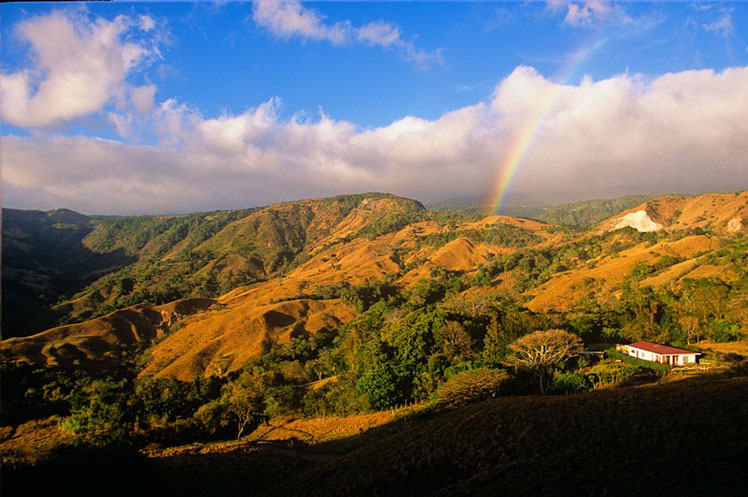
It will be easier for vaccinated tourists to visit Costa Rica in August
TripFalcon July 22, 2021
Last Update: 2021-08-04 12:08:55From August 1, Costa Rica will drop its mandatory health insurance requirement for fully vaccinated visitors, the tourist board announced this week.
Since reopening its borders last year, Costa Rica has required visitors to purchase travel insurance to cover medical expenses of at least US$50,000 and quarantine lodging expenses of at least $2000 should they develop COVID-19 during their trip. But from August 1, that requirement will be dropped for tourists who are fully vaccinated against COVID-19 with the Pfizer, Moderna, AstraZeneca, or Johnson & Johnson vaccines.
The insurance requirement will also be scrapped for minors under 18-years-of-age, regardless of their vaccination status.

The pandemic is far from over and some local restrictions still apply in Costa Rica ©Alamy Stock Photo
Costa Rica has been welcoming tourists from without quarantine or testing but there are still some additional requirements in place. Arrivals must complete an online Health Pass before they board their flight. And those who aren't vaccinated will still be required to purchase insurance before traveling to Costa Rica.
As of Monday, July 12, Costa Rica has administered at least 1.78 million vaccines as it makes progress towards the country’s goal of vaccinating at least 3.5 million citizens by the end of this year. From today, it's ramping up efforts with a mass rollout that aims to administer 500,000 doses within the next 10 days, according to the tourist board.
Costa Rica for solo travelers
While border rules have loosened and the vaccination program gathers speed, it's important to note that some local restrictions apply, including curfews, and travelers are advised to follow all local health and safety information. Beaches are open, attractions like Parque Nacional Manuel Antonio are receiving visitors, and the Costa Rica tourism board is currently working on getting a bill approved that could grant one-year visas to digital nomads.
Travelers should be aware that facial coverings are required in all public spaces and in all indoor settings except when eating, while alone, or in a private home. They're also required on public transport.

